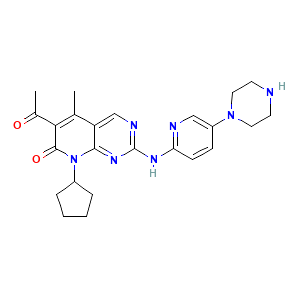
Oncology
Cas No: 571190-30-2
Mechanism Of Action: Palbociclib is a CDK4/6 inhibitor that acts by binding to the ATP pocket. The CDK4/6 kinase is involved in the G1-S transition, so,
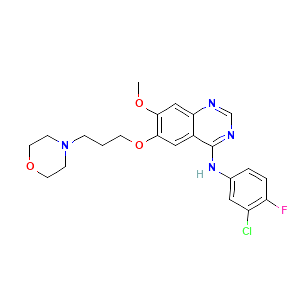
Oncology
Cas No: 184475-35-2
Mechanism Of Action: Gefitinib is an EGFR tyrosine kinase inhibitor that binds to the ATP-binding site of the enzyme. It is the first selective inhibitor
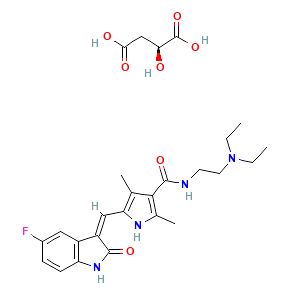
Oncology
Cas No: 341031-54-7
Mechanism Of Action: Sunitinib is a small molecule that inhibits multiplereceptor tyrosine kinases (RTKs), some of which are implicated in tumor growth, pathologic angiogenesis, and
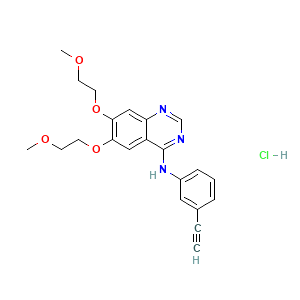
Oncology
Cas No: 183319-69-9
Mechanism Of Action: Erlotinib is belonged to the group ‘EGFR inhibitors’. It can block EGFRs, which is found on some tumor cells, as a result
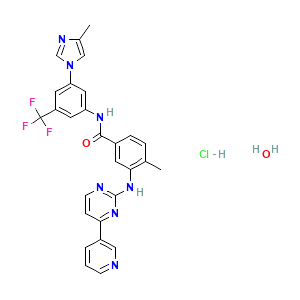
Oncology
Cas No: 923288-90-8
Mechanism Of Action: Nilotinib can inhibit the tyrosine kinase activity of the BCR-ABL protein; CML is caused by the BCR-ABL oncogene. Nilotinib can overcome resistance
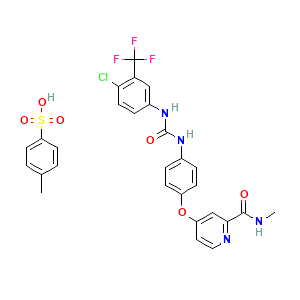
oncology
Cas No: 475207-59-1
Mechanism Of Action: Sorafenib has demonstrated decreased tumor cell proliferation in vitro. It was shown to inhibit multiple intracellular (c-CRAF, BRAF, and mutant BRAF) and
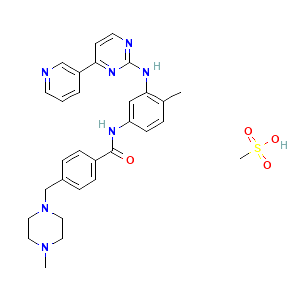
oncology
Cas No: 220127-57-1
Mechanism Of Action: Imatinib mesylate is a protein-tyrosine kinase inhibitor that inhibits the bcr-abl tyrosine kinase, the constitutive abnormal tyrosine kinase created by the Philadelphia
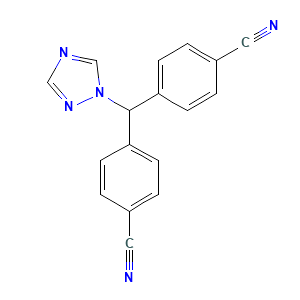
ONCOLOGY
Cas No: 112809-51-5
Mechanism Of Action Letrozole: Letrozole works by blocking the enzyme aromatase, which turns the hormone androgen into small amounts of estrogen in the body, leads